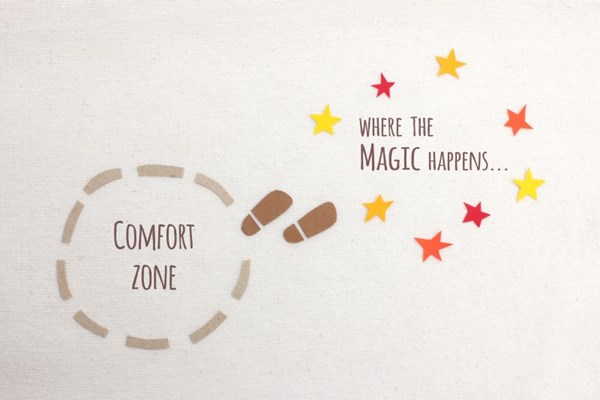Emergency medicine residency teaches us to be a jack of all trades. From managing critical patients to leading traumas and running codes, we enter residency prepared for nothing and leave ready to manage almost anything.
Or so I thought.
Although I felt prepared to become an attending and supervise residents, one thing I never learned in my three-year EM residency was how to manage fourth- and fifth-year residents. Yet this was the situation I found myself in at my new program which included an EM categorical residency as well as EM/IM and EM/FM combined residencies. Mere weeks after being the confident, well-versed third year resident in my previous department, I again felt like a very small fish in a large, unfamiliar pond.
There was plenty of discomfort, awkwardness, and uncertainty at the outset. Although it took practice and some inevitable mistakes, over time I learned, I grew, and things improved.
Along the way I garnered many pieces of wisdom that made these circumstances not only better, but enjoyable. For the new attending in the new department who finds themselves in a similar situation, here are some of the tips that helped me:
Trust your training.
You may not have learned how to be this attending in residency, but you did learn how to be the attending. You have already spent thousands of hours learning how to navigate difficult and strenuous situations, so the tools are already in your kit. One of the glories of emergency medicine is that sometimes even if the destination is unknown, the path is always discoverable. Lean on all the hard work you have already put in…that diligence is what enabled you to matriculate into this position in the first place.
Be team-oriented.
No one succeeds in the emergency department alone. Residents, regardless of their years of experience, will still look to their attending in tenuous moments, and we should be able to look to them as well. The location of certain equipment or the steps of a protocol may be foreign to you, but the resident who has worked in the department for four or even five years is a treasure trove of information. In addition to this, relying on your residents conveys a willingness to trust them and can deepen the all-important attending-resident relationship. You can be successful together, not despite one another.
Connect through your confusion.
Expertise within a busy and ever-changing ED does not come overnight. This is a notion that should be highlighted, not feared. Use these gray areas as an opportunity to introduce yourself to nurses, techs, clerks, and other staff and inform them that you are new to your position! The number of times someone stopped what they were doing to assist and orient me was refreshing and appreciated. More importantly, it allowed me to learn names and form connections with the people I would be working with and relying on day in and day out.
Befriend your residents.
The best attending-resident relationship is one built on trust. While a lot of trust can be built within the department, this should not be the only place it is fostered. Attending resident conferences, journal club, and other social outings can break down many of the unnecessary hierarchical ideals that residents may sometimes experience. These events can create interconnectedness between two people, not just two doctors. The best interactions I have had with residents came after investing time getting to know them so that they felt more comfortable coming to me for help managing a patient or for general life advice.
There is always a teachable moment.
Even residents who have more years of experience than you have not experienced everything that Emergency Medicine has to offer. Perhaps during residency you did a unique rotation at a critical access center, or you have used different equipment than what is offered at this institution, or you have simply employed alternative treatments for a condition than what the resident is proposing. All of these are teachable moments that help the resident grow and expand their knowledge while giving you reassurance in your teaching skills.
Being a new attending in a department with senior residents who have practiced the same amount of time or even longer than yourself is a unique experience. Growing into this role is not without its challenges, and there will undoubtedly be bumps along the way. Nonetheless, opening oneself up to this new experience and being eager to grow alongside these learners can make for happiness, healthiness, and the utmost job satisfaction.



